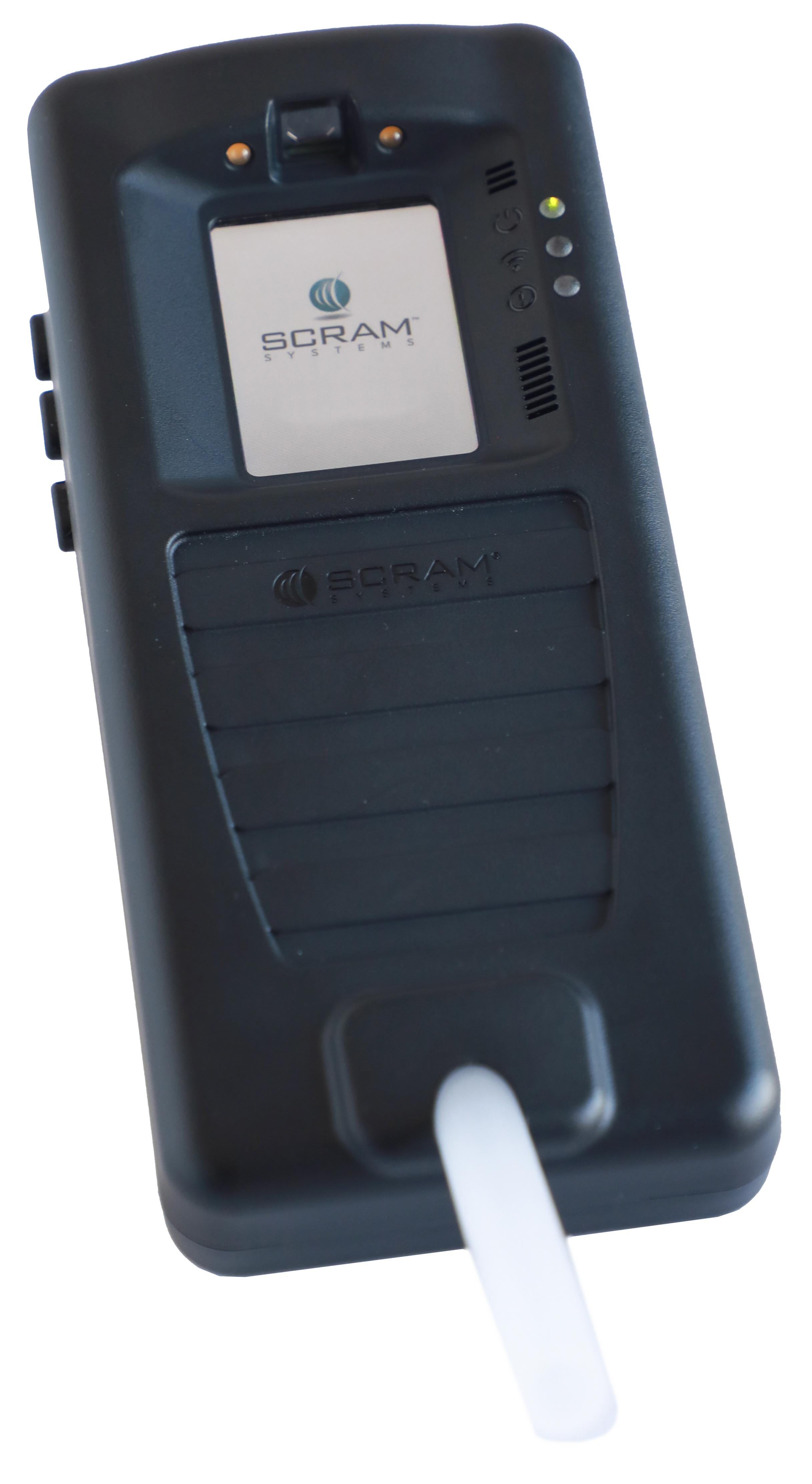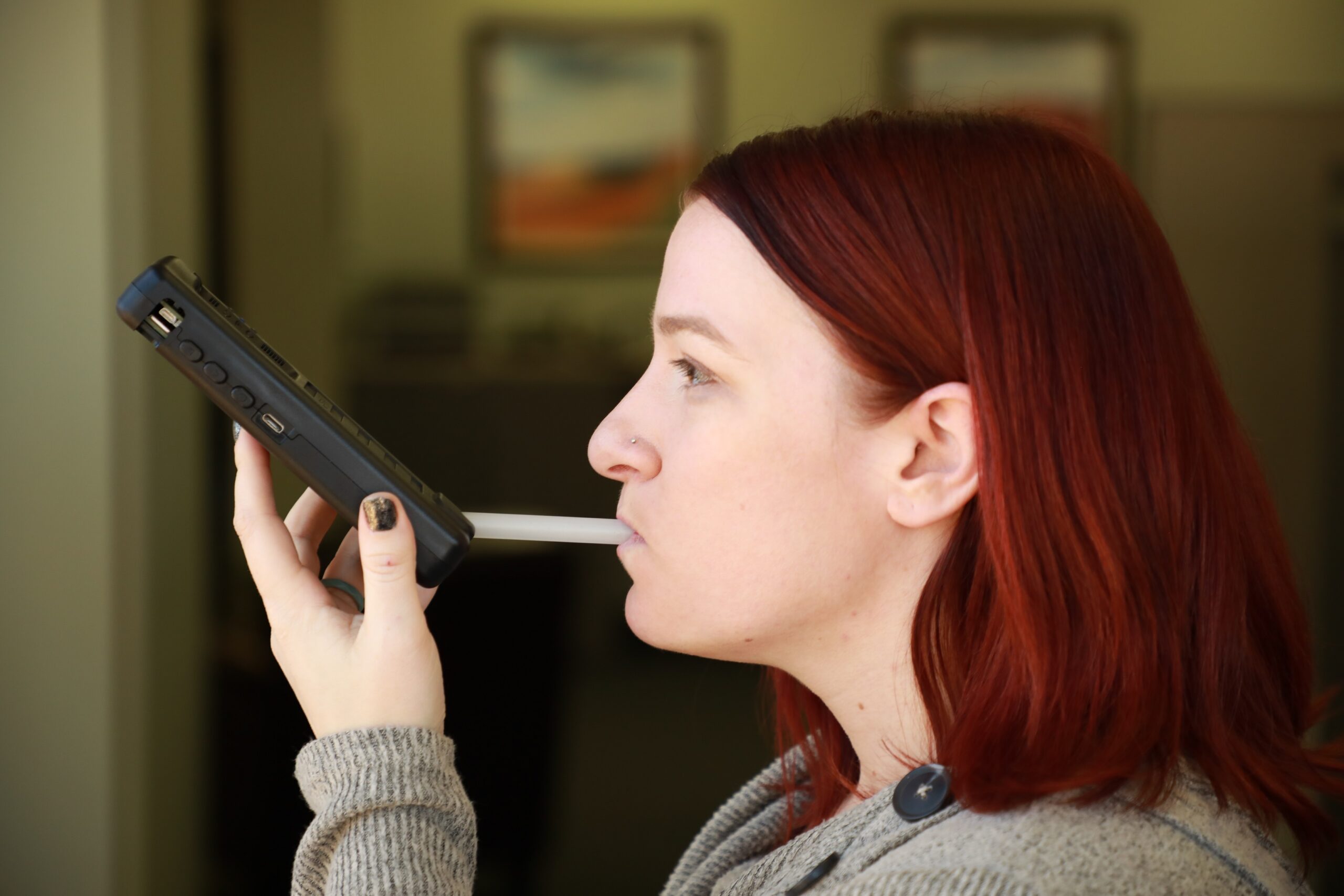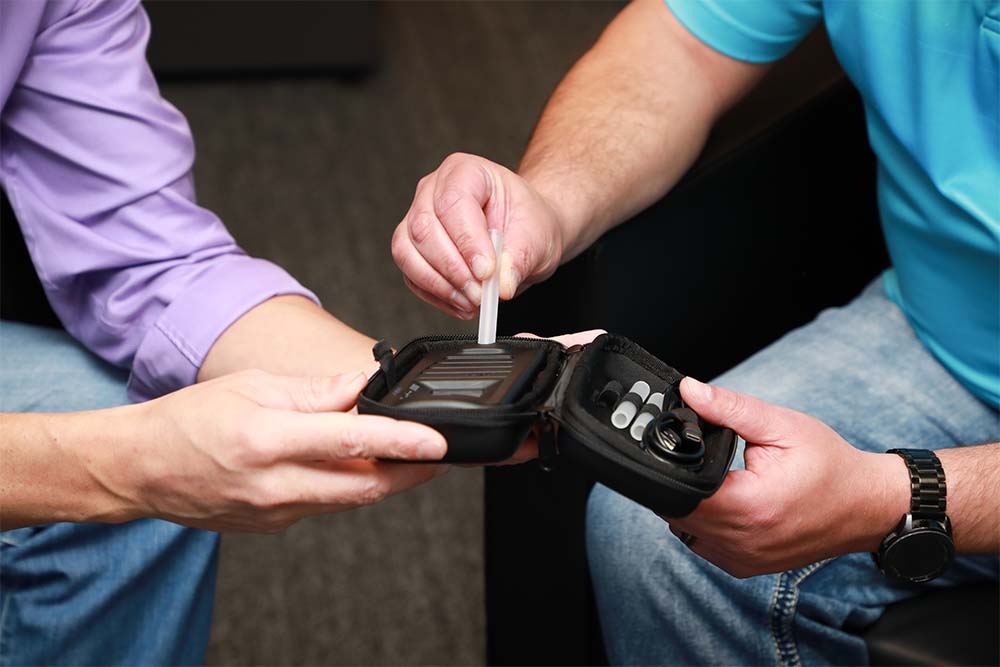
Supporting alcohol abstinence during Dry January
By Ellie Rees, Marketing Communications Manager
Alcohol use in family law cases
It’s no secret that alcohol use often plays a large role in family law cases and last year, the Institute of Alcohol Studies reported that one in five children in the UK are thought to live with a dangerous drinker. Further to this, approximately 705,000 children live with an alcohol-dependent parent, highlighting just how prevalent an issue this is.
Now the festive period is over, more conversations will arise surrounding sobriety as Dry January takes hold and people assess their own relationship with alcohol. Now in its twelfth year, Dry January encourages people to abstain from drinking for the whole month of January and According to Alcohol Change, an estimated 8.5 million people planned to take up the challenge last year, so its encouraging to learn there is a desire to address alcohol intake.
The benefits of alcohol abstinence
In a family law setting, abstaining from alcohol not only has numerous health benefits but is also a way to, ultimately, bring families back together. Proving abstinence over a set period of time through alcohol testing means a body of evidence can be built up at the pre-proceedings stage, preventing delays and numerous court appearances.
In regards to health, the charity Drinkaware highlights improvement to mental health, better sleep, more energy and reductions in risk for serious diseases such as heart and liver. These outcomes are a huge benefit for parents in the long-term as they improve their health in order to raise their children.
Abstinence monitoring tools
The road to recovery and, therefore, rebuilding families, can be a long one but there is support available. Alcohol monitoring technologies can play a key role in this endeavour, with studies in the US showing that these technologies can support long-term behaviour change in high-level alcohol offenders (Flango & Cheesman, 2009b; Barnett et al, 2011).
Lextox has recently added one such alcohol monitoring device to its services: Breath Test. The device is portable, which means it can easily fit into the donor’s lifestyle, and includes various compliancy measures such as enhanced facial recognition and missed test notifications.
Breath Test is a leading technology in this area, producing reliable and accurate results, but at Lextox we understand that each case is unique with its own requirements. This is why our client managers work closely with clients to create a bespoke 30, 60 or 90 day programme, utlising their industry expertise to best use this technology for donors and their families.

A full abstinence programme

As we enter the new year, people are more likely to assess their alcohol intake. Here at Lextox we are here to support and advise with our abstinence monitoring programmes.
In addition to Breath Test, we also offer DrugPatch exclusively to the UK family law sector, which is a great add-on if you want to ensure your client has the full abstinence monitoring package.
DrugPatch is a non-invasive patch that continually monitors sweat for the use of drugs and, like Breath Test, is available as a 30, 60 or 90 day bespoke programme.
Drug and alcohol testing through these technologies will only ever be beneficial to the donor; the devices are non-invasive, discreet and collect substantial amounts of data for their case.
For more information on our abstinence monitoring programmes, contact us here.
By Ellie Rees
Marketing Communications Manager
Ellie joined Lextox in 2023 with a strong background in public sector communications, having worked on campaigns for Welsh Government, Devon County Council and the wellness to work sector. She is passionate about the work that Lextox does and creating content that breaks down a complex process into easy-to-understand formats for clients. Ellie graduated from Goldsmiths, University of London with a BA in Media and Communications and has written for several publications including The Student Guide, The Everyday Magazine and House 21.

Published 14/01/2025. All information correct at time of publication.





